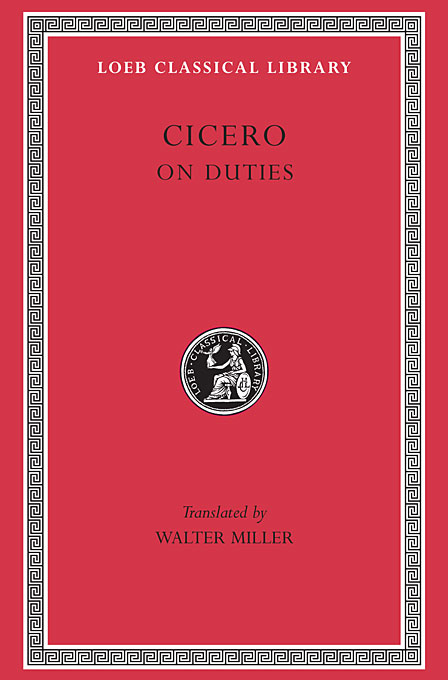On Duties | Cicero

Detalii On Duties | Cicero
carturesti.ro
178 Lei
Carte straina
Harvard University Press
On Duties | Cicero - Disponibil la carturesti.ro
Pe YEO găsești On Duties | Cicero de la Harvard University Press, în categoria Carte straina.
Indiferent de nevoile tale, On Duties | Cicero din categoria Carte straina îți poate aduce un echilibru perfect între calitate și preț, cu avantaje practice și moderne.
Caracteristici și Avantaje ale produsului On Duties | Cicero
- Departament: gaming-carti-birotica
- Ideal pentru pasionații de jocuri, birotică și distracție online.
Preț: 178 Lei
Caracteristicile produsului On Duties | Cicero
- Brand: Harvard University Press
- Categoria: Carte straina
- Magazin: carturesti.ro
- Ultima actualizare: 27-10-2025 01:24:43
Comandă On Duties | Cicero Online, Simplu și Rapid
Prin intermediul platformei YEO, poți comanda On Duties | Cicero de la carturesti.ro rapid și în siguranță. Bucură-te de o experiență de cumpărături online optimizată și descoperă cele mai bune oferte actualizate constant.
Descriere magazin:
Cicero (Marcus Tullius, 106–43 BCE), Roman lawyer, orator, politician and philosopher, of whom we know more than of any other Roman, lived through the stirring era which saw the rise, dictatorship, and death of Julius Caesar in a tottering republic. In his political speeches especially and in his correspondence we see the excitement, tension and intrigue of politics and the part he played in the turmoil of the time. Of about 106 speeches, delivered before the Roman people or the Senate if they were political, before jurors if judicial, 58 survive (a few of them incompletely). In the fourteenth century, Petrarch and other Italian humanists discovered manuscripts containing more than 900 letters of which more than 800 were written by Cicero and nearly 100 by others to him. These afford a revelation of the man all the more striking because most were not written for publication. Six rhetorical works survive and another in fragments. Philosophical works include seven extant major compositions and a number of others; and some lost. There is also poetry, some original, some as translations from the Greek.The Loeb Classical Library edition of Cicero is in thirty volumes (numbered to XXIX, the Philippics having been assigned XVa and XVb).

Produse asemănătoare
Produse marca Harvard University Press

Time and Its Adversaries in the Seleucid Empire, Paperback/Paul J. Kosmin
![]() elefant.ro
elefant.ro
Actualizat in 28/10/2025
194.99 Lei

Writings on Church and Reform, Hardback/Nicholas of Cusa
![]() elefant.ro
elefant.ro
Actualizat in 28/10/2025
216.99 Lei

Changing the Subject. Philosophy from Socrates to Adorno, Paperback/Raymond Geuss
![]() elefant.ro
elefant.ro
Actualizat in 28/10/2025
136.99 Lei


